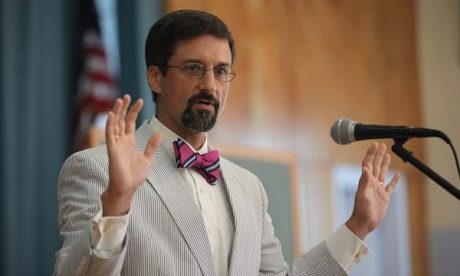Each year the holidays bring with them an increase in both the consumption of alcohol and concern about drinking’s harmful effects.
Alcohol abuse is no laughing matter, but is it sinful to drink and make merry, moderately and responsibly, during a holy season or at any other time?
As a historical theologian, I researched the role that pious Christians played in developing and producing alcohol.
What I discovered was an astonishing history.
Religious orders and wine-making
Wine was invented 6,000 years before the birth of Christ, but it was monks who largely preserved viniculture in Europe. Religious orders such as the Benedictines and Jesuits became expert winemakers.
They stopped only because their lands were confiscated in the 18th and 19th centuries by anti-Catholic governments such as the French Revolution’s Constituent Assembly and Germany’s Second Reich.
In order to celebrate the Eucharist, which requires the use of bread and wine, Catholic missionaries brought their knowledge of vine-growing with them to the New World.
Wine grapes were first introduced to Alta California in 1779 by Saint Junipero Serra and his Franciscan brethren, laying the foundation for the California wine industry.
A similar pattern emerged in Argentina, Chile and Australia.
Godly men not only preserved and promulgated oenology, or the study of wines; they also advanced it.
One of the pioneers in the “méthode champenoise,” or the “traditional method” of making sparkling wine, was a Benedictine monk whose name now adorns one of the world’s finest champagnes: Dom Pérignon.
According to a later legend, when he sampled his first batch in 1715, Pérignon cried out to his fellow monks: “Brothers, come quickly. I am drinking stars!”
Monks and priests also found new uses for the grape.
The Jesuits are credited with improving the process for making grappa in Italy and piscoin South America, both of which are grape brandies. Continue reading
- Michael Foley is Associate Professor of Patristics, Baylor University, Texas
News category: Features.




